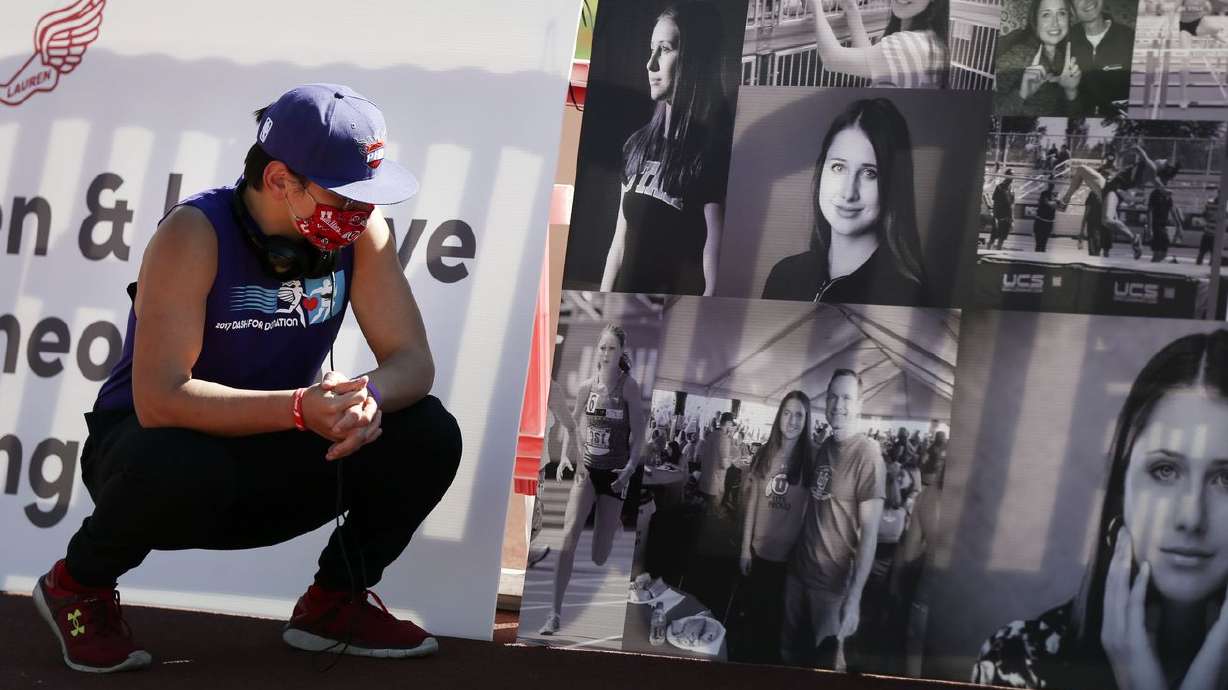Estimated read time: 2-3 minutes
This archived news story is available only for your personal, non-commercial use. Information in the story may be outdated or superseded by additional information. Reading or replaying the story in its archived form does not constitute a republication of the story.
SALT LAKE CITY — One of the slew of bills inspired by the killing of University of Utah student Lauren McCluskey cleared another legislative hurdle on Monday.
The Utah House of Representatives voted 68-3 to approve HB147, which would clarify that sharing of intimate images of someone without his or her content is outlawed, regardless of whether a victim is alive to suffer emotional distress.
More than two years ago, McCluskey shared intimate photos with a university police officer to aid in the investigation of her eventual killer, Melvin Shawn Rowland, 37, who was blackmailing her with the photos. A review conducted by the Utah Department of Public Safety found that officer accessed them multiple times and showed them to others on his phone on at least four occasions.
Despite outcry over the police officer's actions, Utah laws provided no avenue to prosecute the officer. The state's revenge porn law requires victims to suffer "actual emotional distress" for charges to be filed, which couldn't occur because McCluskey was already dead by the time the officer shared the photos, said bill sponsor Rep. Craig Hall, R-West Valley City.
HB147 seeks to close that legal gap and allow prosecution, Hall said.
However, Rep. Merrill Nelson, R-Grantsville, pointed to language in the bill that states the new section of the law would still not apply to "lawful practices of law enforcement agencies."
"And so I'm wondering if this bill accomplishes what your'e trying to do, which would be to prohibit that behavior. But if there is an exemption for law practices of law enforcement and this bill does not make what happened unlawful, and the practice you're trying to prohibit remains lawful."
Still, the bill easily cleared the House. It now goes to the Senate for consideration.









